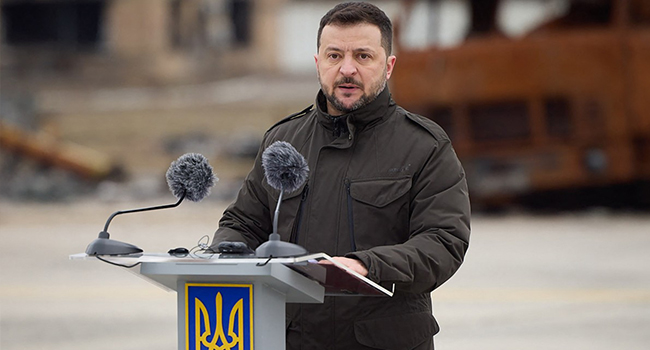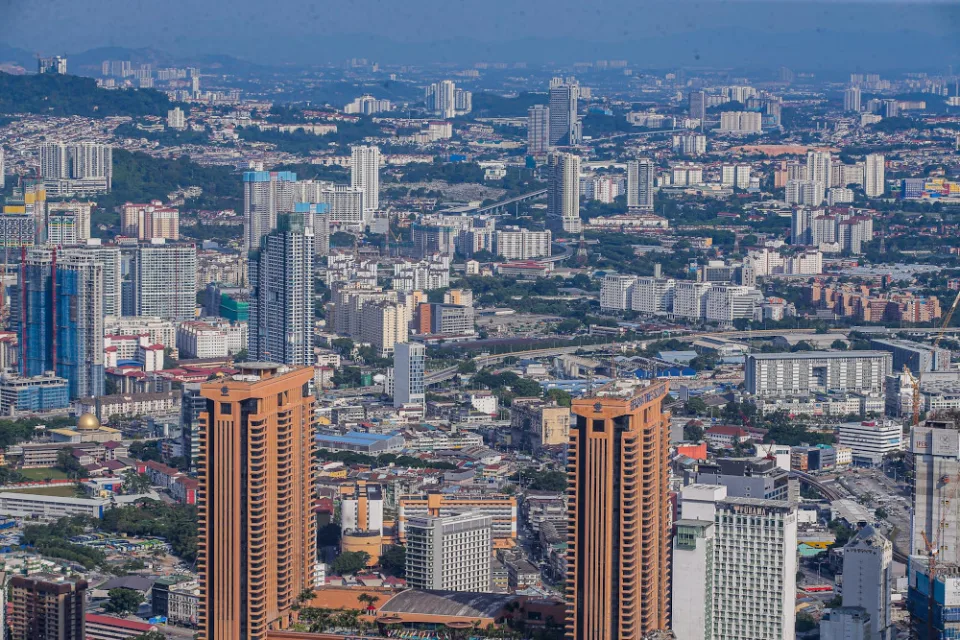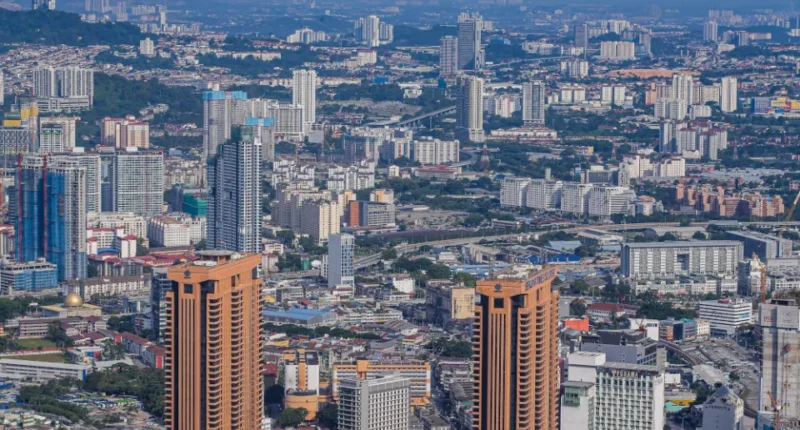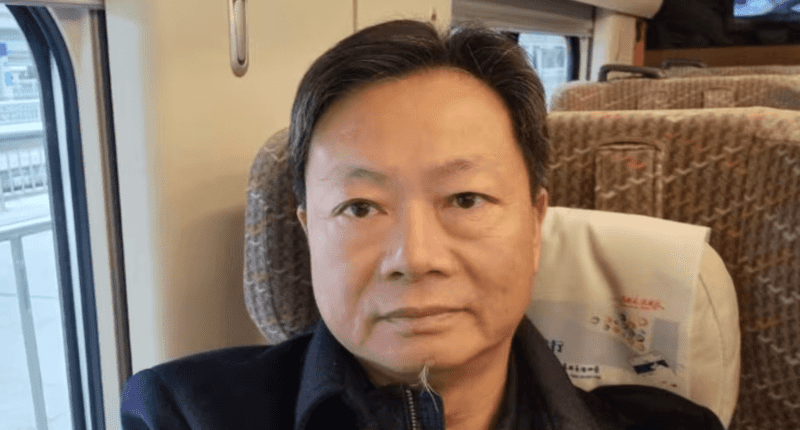On the second anniversary of Moscow’s invasion, Ukrainian President Volodymyr Zelenskyy made a resolute call to Western allies for increased military support, asserting a firm stance towards achieving victory over Russia. Amidst a backdrop of intensified conflict, with Ukrainian forces facing challenges in the east and south, Zelenskyy’s appeal underscored the critical need for external aid to sustain Ukraine’s resistance.
Addressing leaders of the G7, some of whom had made their way to Kyiv, Zelenskyy emphasized the indispensable role of their support in Ukraine’s struggle on the battlefield. He highlighted the urgency of their assistance, stating, “And you know perfectly well that we need all this in time, and we count on you.” His conviction was clear as he addressed the virtual summit, flanked by prominent figures such as European Commission President Ursula von der Leyen, Canadian Prime Minister Justin Trudeau, and Italian Prime Minister Giorgia Meloni, asserting, “Putin can lose this war.”
The G7 responded with a commitment to additional financial aid to assist Kyiv in addressing its fiscal challenges. The ongoing conflict, now entering its third year, has seen delays in critical US financial support, leading to shortages in Ukrainian ammunition. This has provided Moscow an opportunity to capitalize on the strategic capture of key locations such as Avdiivka.
In a display of resilience, Zelenskyy, alongside Ukraine’s new military chief Oleksandr Syrsky, rallied the nation’s supporters, asserting their inevitable victory. Their confidence was rooted in the belief that “light always conquers darkness,” a sentiment that has fueled Ukraine’s steadfast defense since the outset of the conflict.
The initial expectations of a swift Russian victory were quickly dispelled as Ukraine mounted a robust defense, leading to significant Russian retreats. However, the tide has seen shifts, with Ukraine facing challenges in its 2023 counteroffensive. The constraints are multifaceted, with Russia bolstering its defense industry and manpower, while Ukraine grapples with shortages in manpower and Western-supplied munitions.
The international community, including NATO Secretary-General Jens Stoltenberg and von der Leyen, have voiced their support for Ukraine, urging perseverance and lauding Ukraine’s remarkable resistance. Amidst these developments, Kyiv has forged security agreements with Canada and Italy, securing substantial financial and military support.
However, Ukraine finds itself at a critical juncture, with promised European artillery shells delayed and the aid deadlock in Washington exacerbating the situation. Russian forces have intensified their efforts in the east, following significant territorial gains.
Ukrainian soldiers in frontline towns like Pokrovsk have voiced their urgent needs for artillery, drones, and ammunition to counter the well-equipped Russian forces. The ongoing Russian offensive has continued to inflict civilian casualties, with recent strikes in cities like Dnipro and Odesa adding to the toll.
The resilience of the Ukrainian people remains unwavering, with citizens adapting to the relentless reality of war. Kyiv’s mayor, Vitali Klitschko, revealed the frequent air raid sirens that have become a part of daily life in the capital, underscoring the human cost of the conflict.
As the war progresses, neither side has disclosed official military casualties, though estimates suggest significant losses on both sides. The conflict has not only isolated Russia further from the West but has also led to increased sanctions aimed at crippling Russia’s war efforts.
The war has spurred a crackdown on dissent within Russia, even as the Kremlin seeks to bolster nationalistic sentiment. Despite the polarized opinions on the war, the resolve for peace and a return to diplomacy remains a distant yet fervent hope for many.













